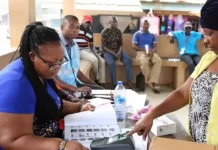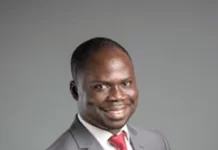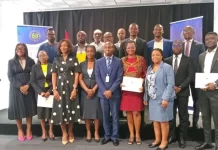
With global growth showing solid momentum, the challenge is to make it inclusive, World Bank Chief, Jim Yong Kim, has said last week.
“The challenge now is to ensure that strong growth will translate into inclusive growth, so that the benefits of global economic integration are enjoyed by all members of society,” Kim said at the start 2018 Spring Meeting of the International Monetary Fund and the World Bank in Washington DC last week.
He said: “the global economy is showing solid momentum. We’re expecting global growth to edge up to 3.1 per cent in 2018 – its strongest performance since 2011 – as the recovery in investment, manufacturing, and trade continues, and as commodity-exporting developing economies benefit from firming commodity prices,” Kim said here.
Kim said this period of robust growth is a great opportunity to invest in human and physical capital. Filling infrastructure gaps, improving education and health outcomes, and increasing female labour force participation could continue to drive growth, he added.
“If policy makers around the world focus on these key initiatives, they can increase their countries’ productivity, boost workforce participation, and move closer to the goals of ending extreme poverty and increasing shared prosperity, the World Bank President has said.
Referring to the Global Findex financial inclusion database, launched by the World Bank this morning, Kim said financial inclusion is on the rise.
“Digital technology is driving access to – and the use of – financial services. But there is still a wide gender gap,” he said.
Kim said the bank would release later in Indonesia a rigorous, detailed measure of the human capital in each country, which will help its member nations invest more – and more effectively – in their people.
“We will be releasing an index to rank countries according to how well they’re investing in the human capital of the next generation. The measurement will provide information that heads of state and finance ministers need to know in order to invest to build human capital, and the index will make those measurements hard to ignore,” Kim said.
Felix Dela Klutse, Washington DC, USA
























